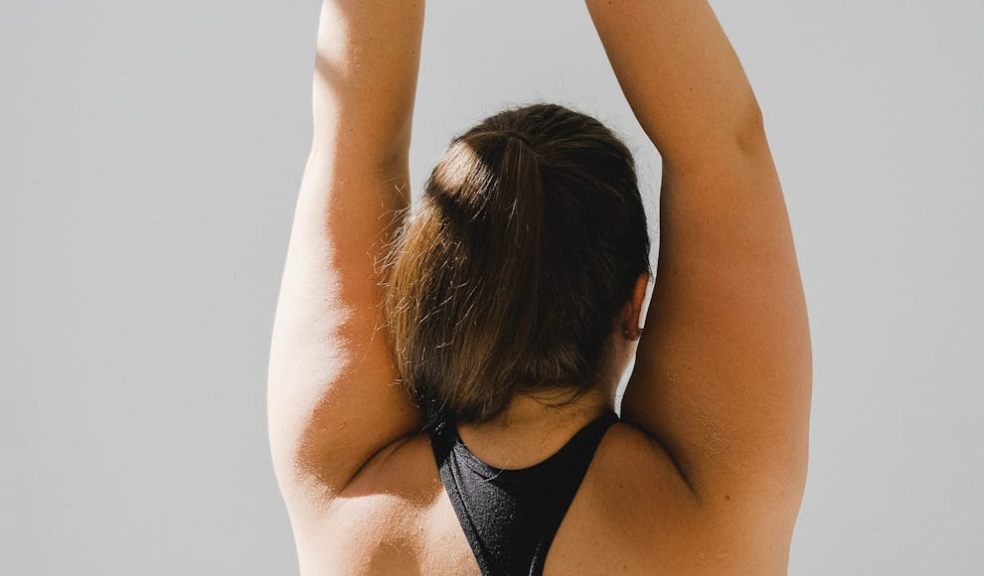
How to improve your body image
Developing a positive relationship with your body is essential for mental well-being and overall life satisfaction. With body image concerns affecting people of all ages and backgrounds, learning practical strategies to nurture self-acceptance can improve your quality of life and emotional health.
- Challenge Body Ideals and Media Pressures
Media, advertising, and social media frequently promote unrealistic beauty standards that contribute to widespread body dissatisfaction. UK research reveals concerning statistics: over one-third of adults have felt anxious (34%) or depressed (35%) due to their body image, with one in eight (13%) experiencing suicidal thoughts related to body concerns. Just over one in five adults (21%) report that advertising images have caused them to worry about their appearance, whilst 40% of teenagers say social media images trigger body image anxieties. These pressures particularly affect young people, with 36% of UK adolescents agreeing they would do "whatever it took" to look good. Recognising these unrealistic standards as artificially constructed instead of natural ideals is the first step towards developing a healthier perspective on your own appearance.
- Cultivate Positive Self-Talk and Self-Care Routines
Shifting focus from appearance to appreciation involves developing self-compassion and celebrating what your body accomplishes instead of how it looks. Practise positive self-talk by acknowledging your body's functionality, strength, and resilience. When negative thoughts arise, use distraction techniques such as engaging in activities you enjoy or connecting with supportive friends and family. Establishing consistent self-care routines that prioritise wellbeing over appearance can improve body image. For those considering various approaches to health and wellness, it's important to evaluate whether measures like weight loss injections are appropriate for you, making sure that any decisions align with overall health goals rather than purely aesthetic motivations.
- Mind Your Online World and Social Comparisons
Social media use, particularly passive browsing, can fuel body dissatisfaction. Recent mental health statistics show that more than one in seven UK adults describe their mental health as either bad or at its worst, with young people aged 16-24 most affected. Social platforms often amplify appearance-based comparisons, leading to increased self-criticism and unrealistic expectations. Curate a kinder online environment by unfollowing accounts that trigger negative feelings, setting time boundaries around social media use, and actively seeking content that promotes body diversity and self-acceptance. Consider regular digital detoxes to reconnect with real-world experiences and relationships.
- Seek Community, Support, and Mindset Shifts
Building supportive communities and engaging in mindfulness practices can change your relationship with your body. Seek out safe spaces that challenge conventional body norms and celebrate diversity. Consider creative expression, mindfulness meditation, or joining body-positive groups that focus on health and wellbeing rather than appearance.
Professional support is available when body image concerns impact your daily life. Remember that developing a positive body image is an ongoing journey that requires patience, self-compassion, and consistent practice in challenging harmful thought patterns.













